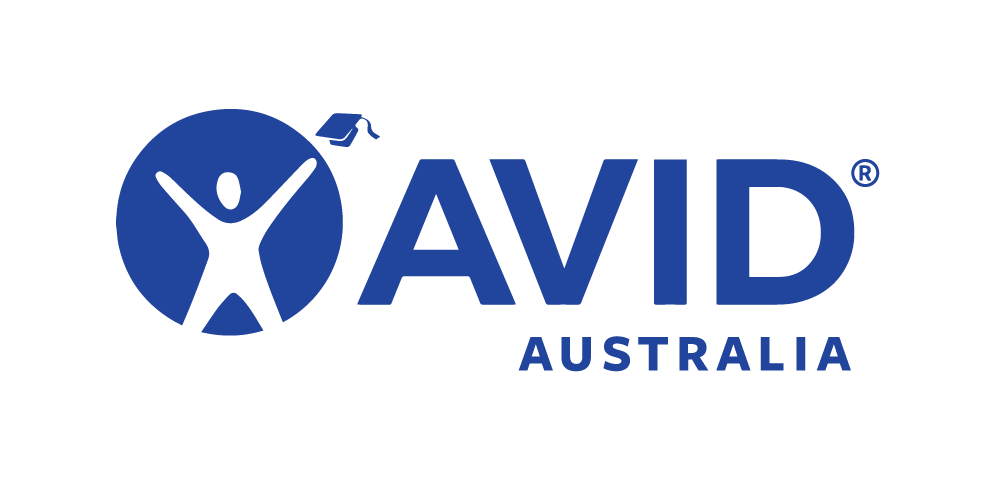Term 1
Unit of Study: Year 10 – History
The Year 10 curriculum provides a study of the history of the modern world and Australia from 1918 to the present, with an emphasis on Australia in its global context. The twentieth century became a critical period in Australia’s social, cultural, economic and political development. The transformation of the modern world during a time of political turmoil, global conflict and international cooperation provides a necessary context for understanding Australia’s development, its place within the Asia-Pacific region, and its global standing.
Key Focus Questions:
- How did the nature of global conflict change during the twentieth century?
- What were the consequences of World War II? How did these consequences shape the modern world?
- How was Australian society affected by other significant global events and changes in this period?
Term 2
Unit of Study: Year 10 – Citizenship and Civics
The Year 10 curriculum develops student understanding of Australia’s system of government through comparison with another system of government in the Asian region. Students examine Australia’s roles and responsibilities within the international context, such as its involvement with the United Nations. Students also study the purpose and work of the High Court. They investigate the values and practices that enable a democratic society to be sustained.
Key Focus Questions:
- How is Australia’s democracy defined and shaped by the global context?
- How are government policies shaped by Australia’s international legal obligations?
- What are the features of a resilient democracy?
Term 3
Unit of Study: Year 10 – Geography
There are two units of study in the Year 10 curriculum for Geography:
Environmental change and management focuses on investigating environmental geography through an in-depth study of a specific environment. The unit begins with an overview of the environmental functions that support all life, the major challenges to their sustainability, and the environmental worldviews – including those of Aboriginal and Torres Strait Islander Peoples – that influence how people perceive and respond to these challenges.
Geographies of human wellbeing focuses on investigating global, national and local differences in human wellbeing between places. This unit examines the different concepts and measures of human wellbeing, and the causes of global differences in these measures between countries.
Key Focus Questions:
- How can the spatial variation between places and changes in environments be explained?
- What management options exist for sustaining human and natural systems into the future?
- How do worldviews influence decisions on how to manage environmental and social change?
Term 4
Unit of Study: Year 10 – Economics and Business
The Year 10 curriculum gives students the opportunity to further develop their understanding of economics and business concepts by considering Australia’s economic performance and standard of living. The ways governments manage the economy to improve living standards is explored, along with the reasons why economic performance and living standards differ within and between economies. Students explore the nature of externalities and why the government intervenes to ensure that prices reflect the depletion of resources or costs to society. Students examine the consequences of decisions and the responses of business to changing economic conditions, including the way they manage their workforce.
Key Focus Questions:
- How is the performance of an economy measured?
- Why do variations in economic performance in different economies exist?
- What strategies do governments use to manage the economy?
- How do governments, businesses and individuals respond to changing economic conditions












